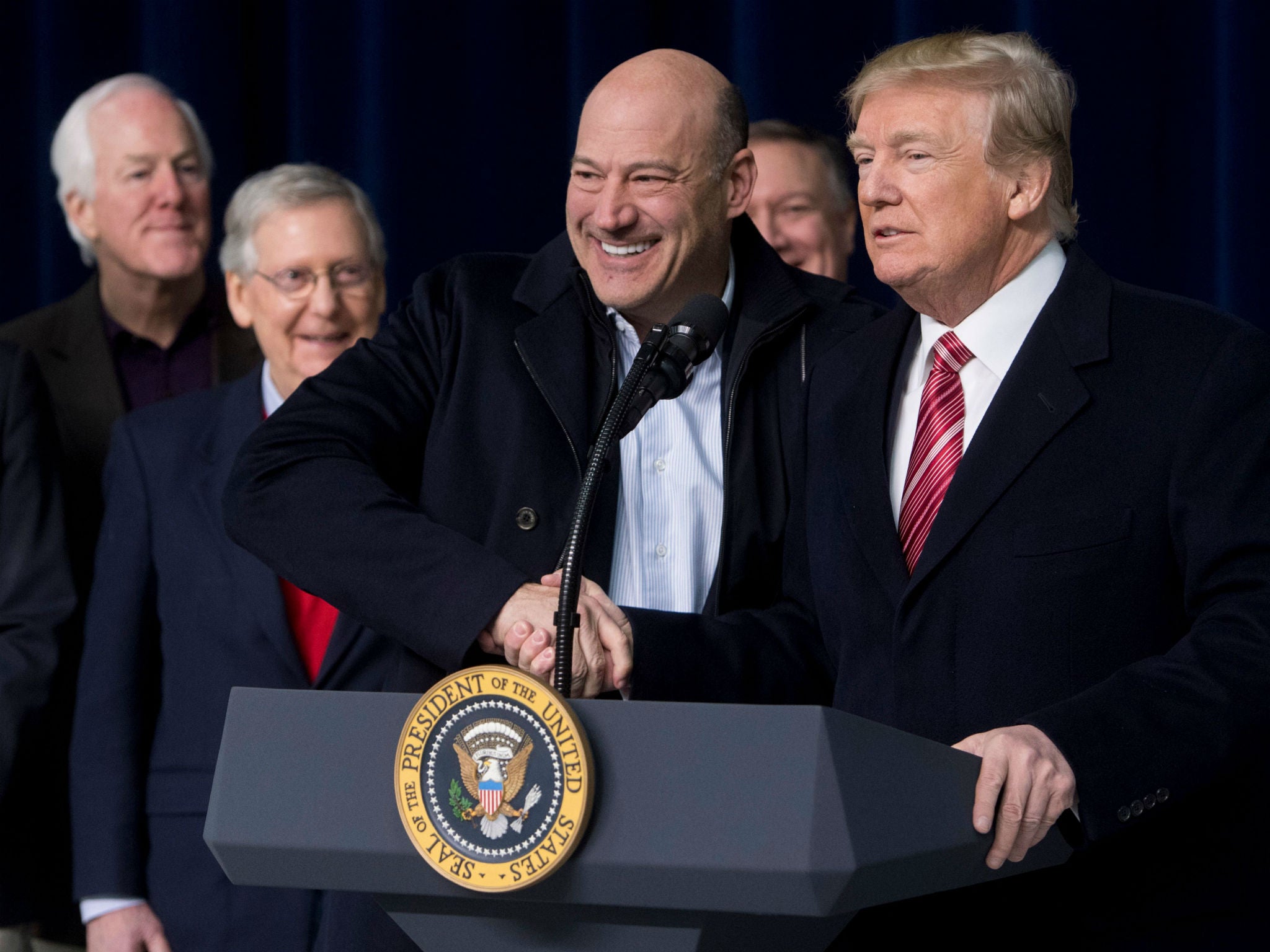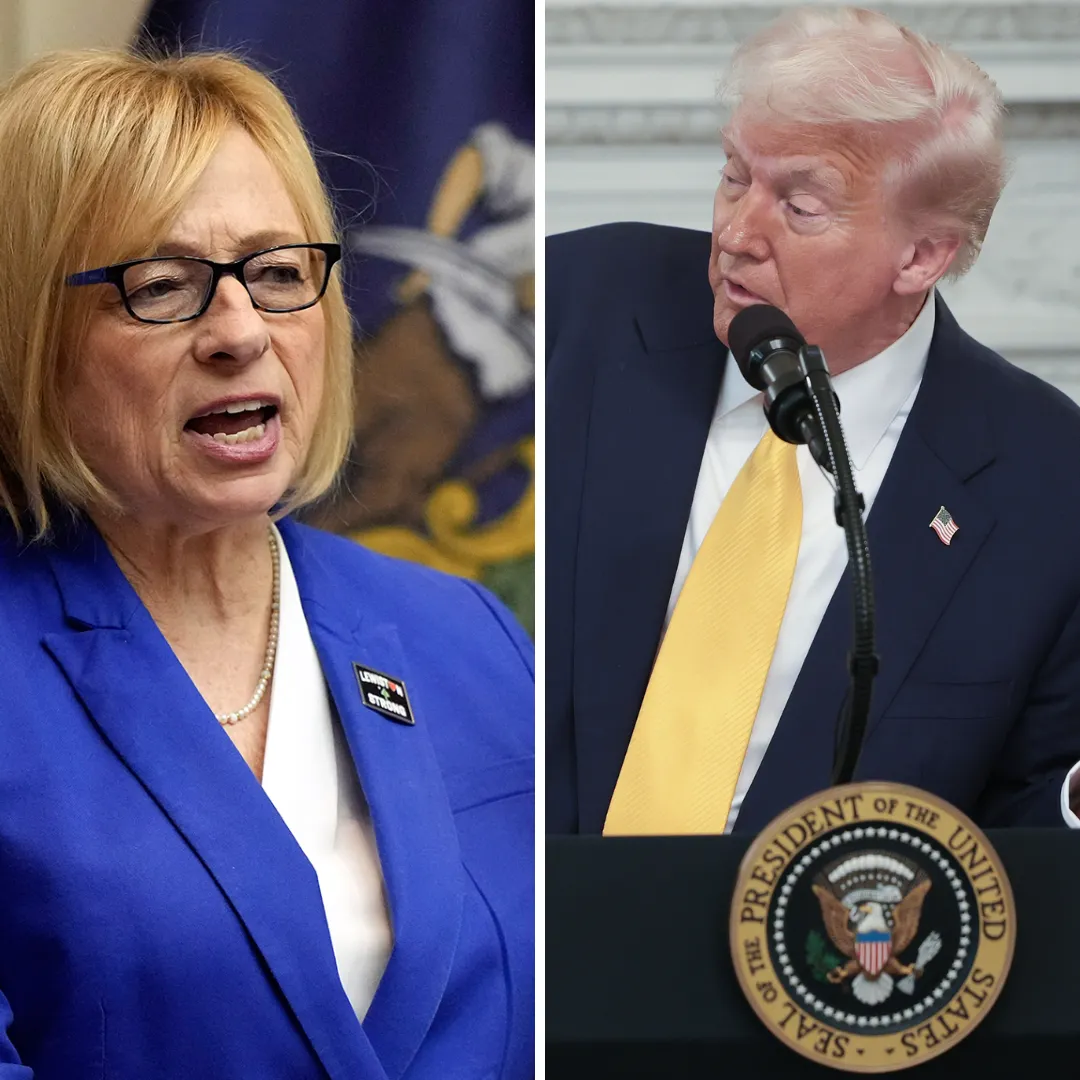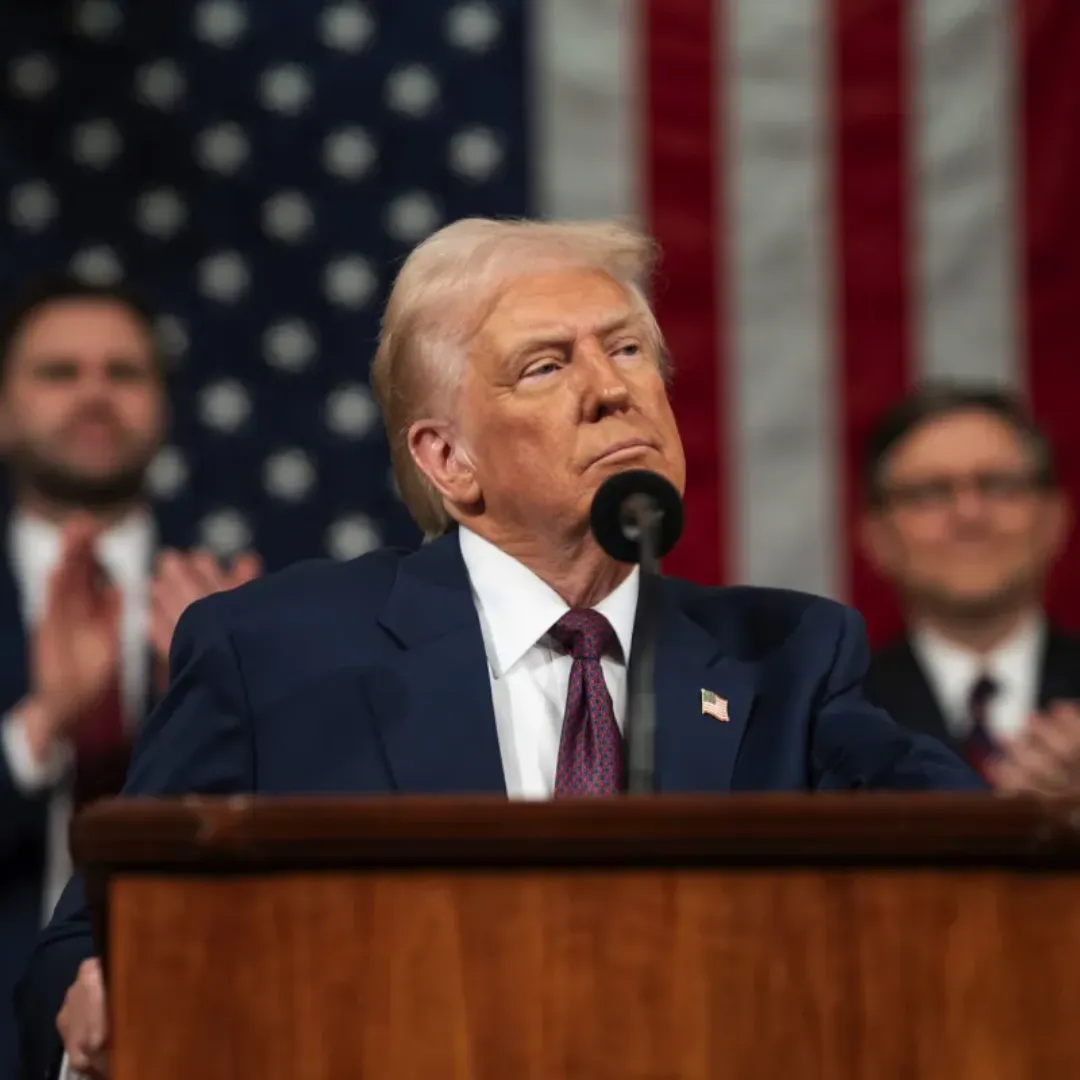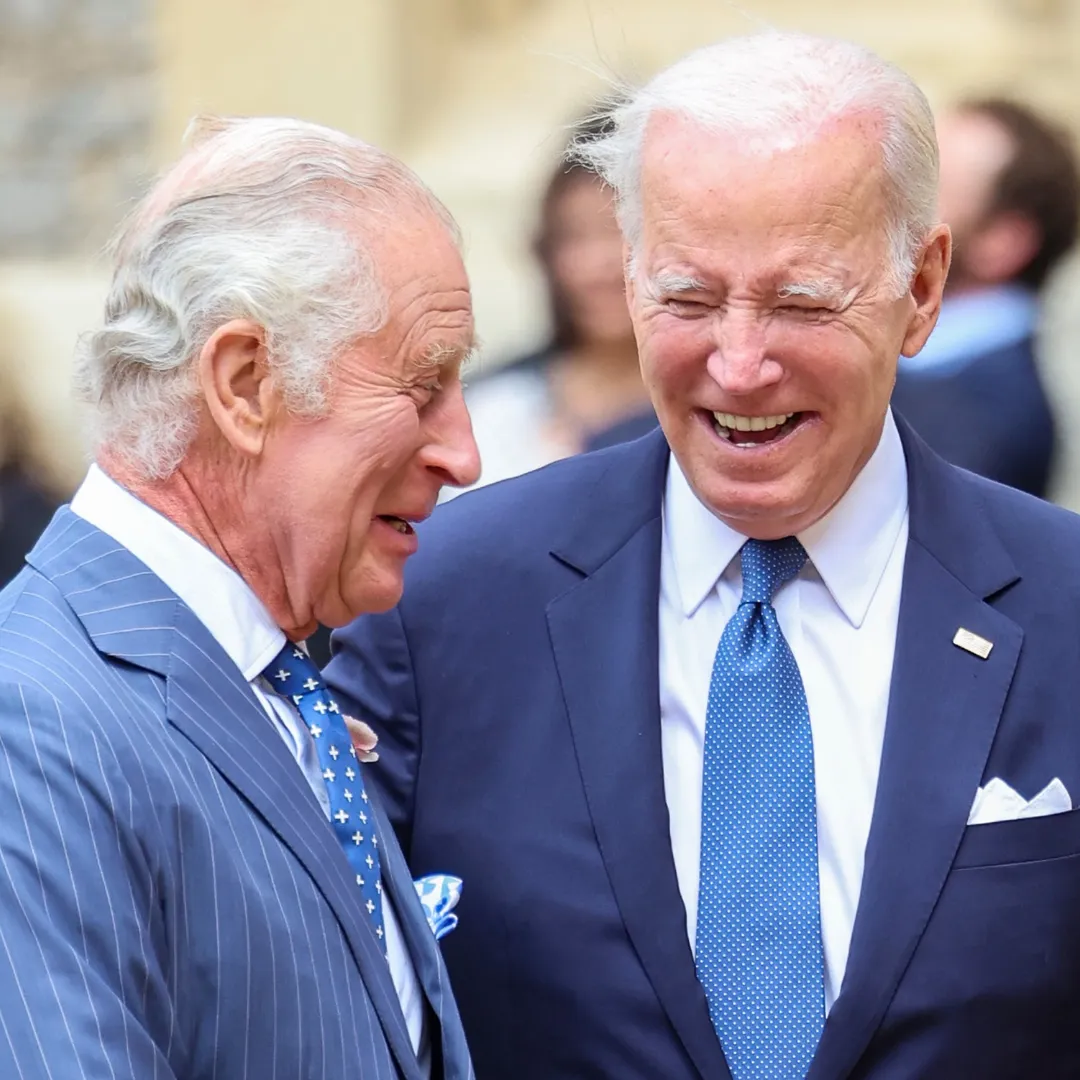
Gary Cohn, former economic adviser to President Trump and current vice chair of IBM, issued a stark warning on Sunday regarding the administration’s newly implemented tariffs.
Speaking on CBS News’s “Face the Nation,” Cohn outlined concerns that the tariffs would have a "highly regressive" impact, disproportionately burdening lower-income Americans at a time when economic pressures are already mounting for many households.
The warning came shortly after President Trump made an optimistic announcement online, claiming that many Americans earning under $200,000 annually would soon see their income taxes "substantially reduced" or even eliminated due to the revenue generated by tariffs.
Trump presented the plan as a win for the middle and lower classes, positioning it as a form of economic relief that would shift the financial burden away from direct taxation.
However, Cohn challenged this framing, emphasizing that tariffs operate differently from taxes and are felt most immediately and painfully by consumers, especially those living paycheck to paycheck.
"The other thing we need to understand about tariffs — and I think this is obvious — is tariffs are highly regressive, meaning that poorer people end up paying a disproportionate percentage of the tariffs, because they spend 100 percent of their paycheck on goods," Cohn said.
Cohn explained that individuals with lower incomes allocate the majority, if not all, of their earnings toward essential goods such as food, clothing, and household supplies.
With tariffs increasing the prices of these everyday products, lower-income families would feel the financial pinch more acutely than their wealthier counterparts, who often save a significant portion of their income.

"Wealthier people save a bigger percentage of their paycheck," Cohn continued. "So, the tariffs are going to affect the poor people more."
The tension between the Trump administration’s portrayal of the tariffs as a strategic economic weapon and warnings from economists like Cohn reveals a fundamental debate about who ultimately bears the costs of international trade battles.
While the administration argues that tariffs will pressure foreign governments, particularly China, to negotiate more favorable trade terms, critics point out that the immediate effect is a tax on American consumers.
Cohn’s comments come amid growing signs that the economic impact of the latest tariffs is about to become tangible. He noted that the distribution cycle for most goods is approximately eight weeks, meaning that the full effects of the tariff policy announced on April 2, referred to by Trump as "Liberation Day," would begin to manifest toward the end of May.
"The lag effect of getting goods to this country will not be felt for another two to four weeks," Cohn said.
Cohn also drew attention to the ongoing stalemate between the United States and China. Despite initial tariff hikes, China has so far refused to make concessions or reach a new agreement, prolonging the economic uncertainty and exacerbating fears of a prolonged trade war.
According to Cohn, the lack of resolution with China will further amplify the impact of tariffs on U.S. consumers as the costs filter through the supply chain and onto store shelves.
The conversation around tariffs has become a central issue in the early months of Trump's second term. Upon reentering office, Trump moved swiftly to reimpose and expand tariffs on a broad range of imports, framing the move as part of his broader "America First" economic agenda.
Supporters of the policy argue that it protects American industries and jobs from unfair foreign competition. However, critics, including many business leaders and economists, argue that tariffs act as a hidden tax on consumers and risk undermining economic growth.

The current tariff policy covers a wide array of goods, from electronics and machinery to consumer staples like clothing and food items. Retailers and manufacturers have warned that the increased costs will inevitably be passed down to consumers, leading to higher prices at a time when inflationary pressures already threaten household budgets.
For lower-income Americans, who spend a higher proportion of their income on necessities, even small price increases can represent a significant financial strain. Essentials that form the core of monthly expenses — groceries, children's clothing, basic electronics — are among the goods most likely to be affected by the new tariffs.
Cohn’s critique underscores a broader concern among economic analysts that the structure of tariffs inherently disadvantages those with less disposable income. Unlike progressive taxes, which scale based on income, tariffs apply uniformly to goods, meaning that the relative burden falls heavier on those who can least afford it.
While the Trump administration insists that tariff revenue will allow for cuts in income taxes, thereby benefiting working-class Americans, economists warn that any such benefits could be outweighed by the increased cost of living.
Lowering income taxes may offer some relief, but if essential goods become significantly more expensive, the net effect could still be negative for many families.
Adding to the complexity is the uncertainty surrounding the global trade environment. The lack of a resolution with China and the potential for retaliatory tariffs on American exports could further disrupt supply chains, affect employment in export-dependent industries, and dampen overall economic growth.
Cohn’s perspective is particularly noteworthy given his prior role within the Trump administration, where he served as the Director of the National Economic Council during Trump's first term.
Although he left the administration in 2018 following disagreements over trade policy, his insights into the administration's economic thinking provide a valuable window into the current policy environment.

As May approaches and the distribution cycle brings tariff-affected goods into the hands of consumers, the political stakes are high. If Cohn’s predictions prove accurate and prices rise sharply for everyday items, public sentiment could shift against the tariffs, potentially creating a political liability for the president.
At the same time, Trump’s team continues to frame the tariffs as a necessary sacrifice for the greater good, arguing that tough measures are required to correct years of what they describe as unfair trade practices.
In rallies and social media posts, Trump portrays himself as standing up for American workers against foreign exploitation, a message that resonates deeply with his political base.
Whether that message will continue to resonate in the face of rising consumer prices remains to be seen. For now, Cohn’s warnings serve as a reminder of the complex and often unintended consequences of economic policy decisions.
As the end of May approaches, American consumers may find themselves at the center of an economic experiment with far-reaching implications. The cost of groceries, clothing, electronics, and countless other goods will become a litmus test for the success or failure of Trump's tariff strategy.
Meanwhile, businesses large and small are bracing for the impact. Retailers have expressed concern that the increased costs could dampen consumer spending, traditionally a key driver of U.S. economic growth.
Manufacturers worry about higher input costs and reduced competitiveness. Economists are divided on the long-term effects, but few dispute that the short-term burden will be borne most heavily by ordinary American families.
For those living paycheck to paycheck, the coming weeks could bring difficult choices and increased financial stress. Whether through higher prices at the checkout counter or reduced purchasing power, the reality of tariffs is about to become very real for millions of Americans.

Gary Cohn’s message is clear: the pain from tariffs is not hypothetical or distant. It will be felt in every grocery store aisle, every clothing rack, and every electronics shelf — and it will be felt most by those who can least afford it.
As the nation watches and waits, the next few months will reveal whether the promise of tax relief can outweigh the reality of higher everyday costs. In an already divided political climate, the economic consequences of the Trump administration’s tariff strategy could become one of the defining issues of the year.



